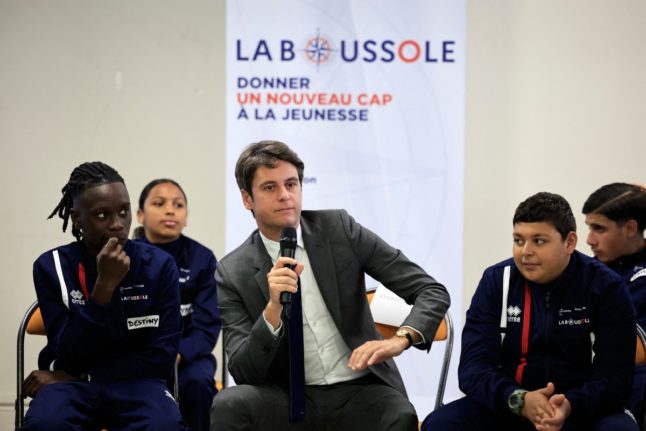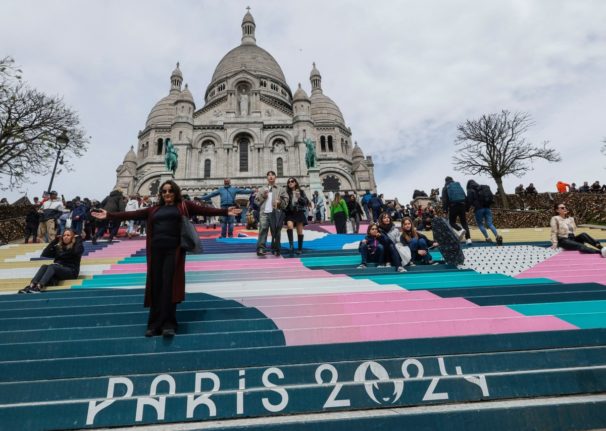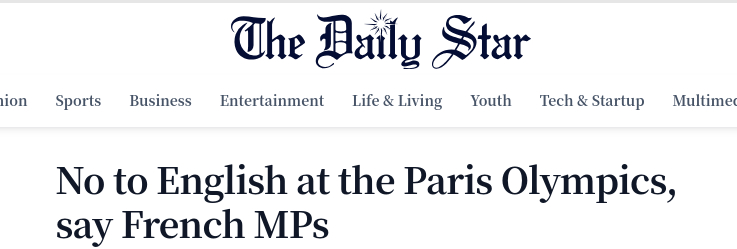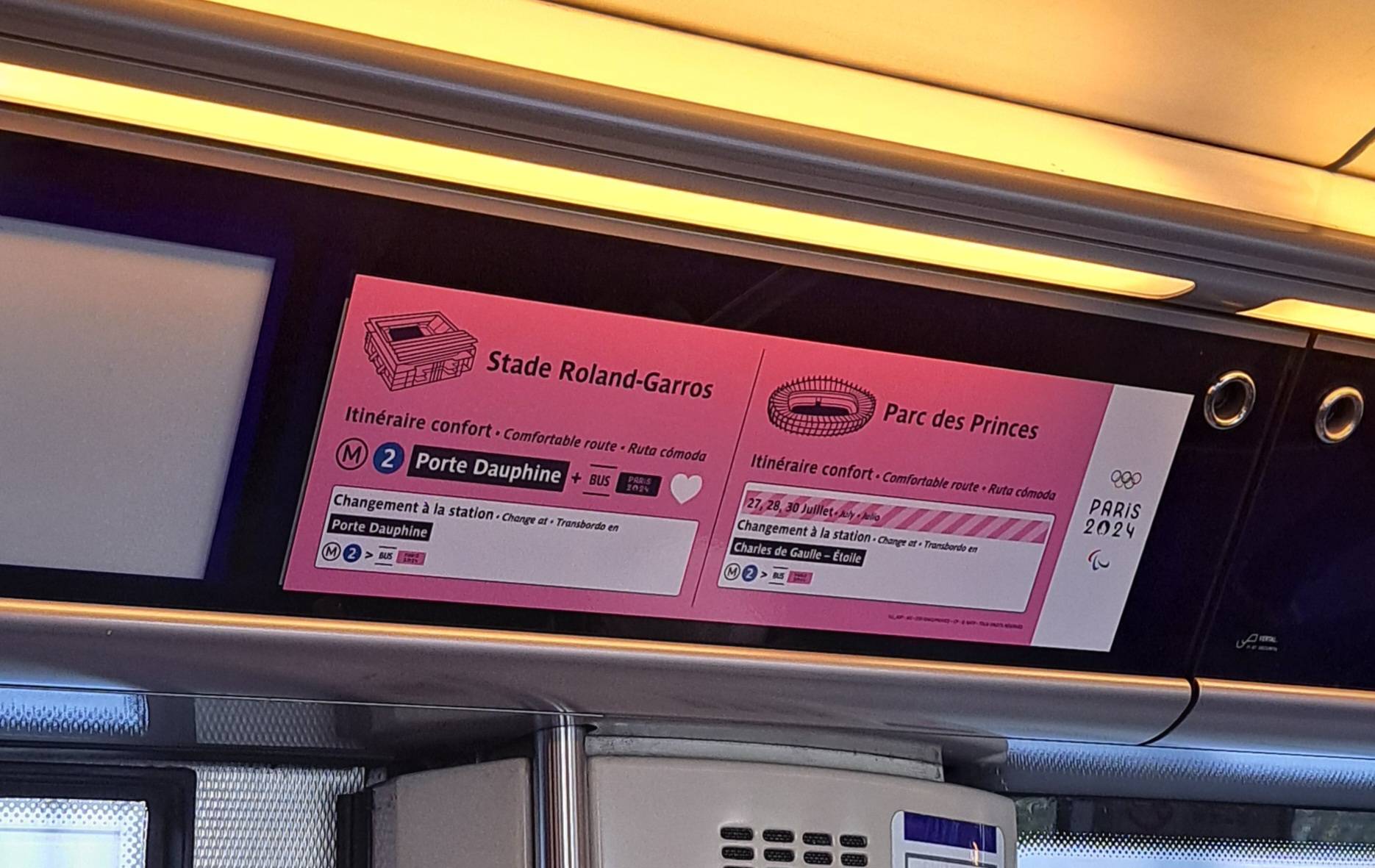The uncomfortable episode at the school also comes with Attal and his government under pressure to make their mark as the anti-immigration far-right National Rally party leaps ahead in polls for the June 9 European Parliament elections.
Such holiday schools are part of a plan aimed at keeping teens off the streets during France’s long school holidays after the country was shaken by a series of attacks on schoolchildren by their peers.
“There’s a violence problem among young people. Tackling the issue is one of my government’s biggest priorities,” Attal told a group of teenagers in uniform tracksuits as he visited the school in the southern city of Nice.
Attal, appointed by Macron in January as France’s youngest ever prime minister, was seen as a telegenic asset in the battle against the far-right.
But his own popularity ratings have been tanking in the recent weeks with the latest poll by Ipsos finding 34 percent approving his work in April, down four percent on March.
When he asked the group who was happy to be there for the Easter holidays, which started on April 20 in the Nice region, most replied in the negative.
“My mother forced me,” said one male student.
“My parents didn’t convince me to go, they forced me, that’s all. I have nothing to say. It was that or home,” said Rayan, 14.
“In any case, you are going to learn lots of things, you are going to do lots of activities,” insisted Attal, adding he was “sure that in the end, you will be happy to be there.”
Another boy seemed not to know who Attal was.
“Are you the mayor or the prime minister?” asked Saif, 13. “Me, I am the prime minister and the mayor, he is there,” said Attal frostily, gesturing to Nice mayor Christian Estrosi.
A young boy asked the former education minister what his job was and if he was rich, then what he thought of the president.
“Macron’s mean,” the boy said looking at his feet, in comments caught on camera and broadcast on the BFMTV television channel.
“What’s that? Why do you say that?” Attal replied as burly Justice Minister Eric Dupond-Moretti moved towards the boy.
“Anyway here you’re going to learn lots,” Attal added.
He also reprimanded another boy for referring to the president simply as “Macron”. “We say Monsieur Macron as with all adults,” he said.





 Please whitelist us to continue reading.
Please whitelist us to continue reading.
Member comments